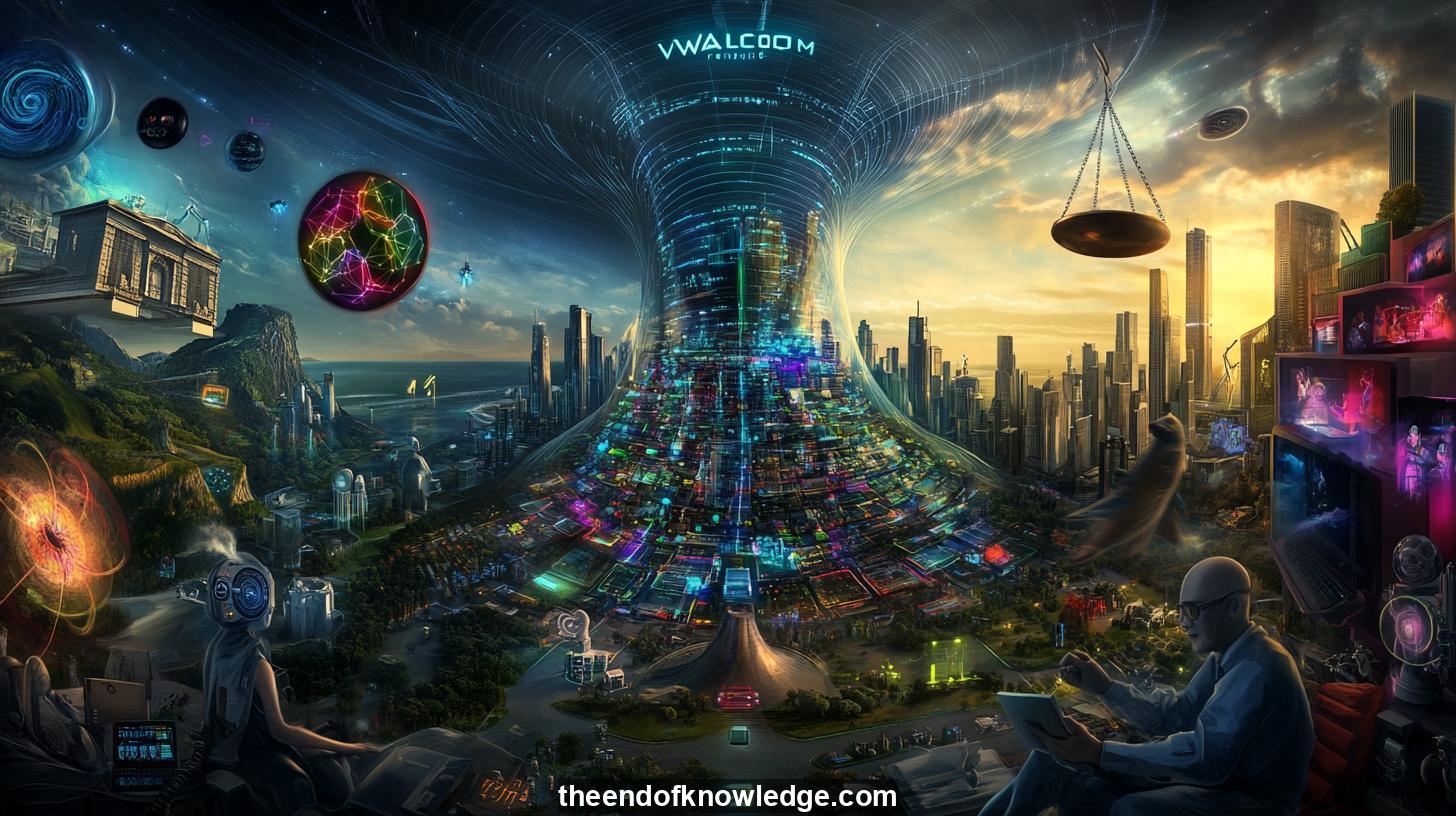 >
>
Concept Graph, Resume & KeyIdeas using DeepSeek R1 :
Resume:
discusses the emergence and evolution of the metaverse, particularly focusing on its applications in event organization and virtual spaces. Juan Antonio Semperre, from WALCOM Virtual, shares insights into how the company has developed immersive experiences for events across five continents, leveraging Web3 technologies. The conversation highlights the accelerated adoption of virtual events due to the COVID-19 pandemic, which forced a shift towards digital solutions. However, it also notes a slight decline in interest post-pandemic, emphasizing the need for continuous innovation and adaptation to user needs.30 Key Ideas:
1.- The metaverse is revolutionizing event organization with immersive, personalized experiences.
2.- WALCOM Virtual has developed virtual events across five continents since 2018.
3.- The COVID-19 pandemic accelerated the adoption of virtual and hybrid events.
4.- Post-pandemic, there has been a decline in the use of virtual platforms.
5.- The metaverse integrates Web3 technologies for decentralized and interactive environments.
6.- Accessibility and simplicity are crucial for the adoption of metaverse technologies.
7.- The digital divide poses a significant challenge to metaverse adoption.
8.- User-friendly solutions are essential to bridge the gap between technology and average users.
9.- The metaverse offers enhanced interoperability and user autonomy in virtual spaces.
10.- Education and awareness are key to overcoming resistance to new technologies.
11.- The metaverse has the potential to transform industries like real estate and retail.
12.- Virtual property tours are becoming increasingly popular in the real estate sector.
13.- Gamification in the metaverse can enhance user engagement in various applications.
14.- The convergence of Web3 and the metaverse promises a more decentralized future.
15.- Regulation and ethical considerations are necessary to prevent misuse of virtual spaces.
16.- Critical thinking is essential for balanced adoption of metaverse technologies.
17.- The metaverse can address challenges like remote work and virtual collaboration.
18.- Accessibility to metaverse platforms must be prioritized for widespread adoption.
19.- The gaming generation is more likely to embrace metaverse technologies due to familiarity.
20.- The metaverse offers cost-effective and time-saving solutions for global events.
21.- The integration of AI and blockchain in the metaverse is expected to drive innovation.
22.- Ethical concerns must be addressed to ensure responsible use of metaverse technologies.
23.- The metaverse has the potential to redefine education and training processes.
24.- Virtual environments can provide immersive learning experiences for students.
25.- The metaverse can facilitate new forms of social interaction and community building.
26.- Interoperability between different metaverse platforms is a key challenge.
27.- The metaverse must evolve to meet the needs of diverse user groups.
28.- Continuous innovation is necessary to maintain user interest in metaverse technologies.
29.- The metaverse offers opportunities for creative expression and content creation.
30.- Balanced adoption of metaverse technologies is crucial for maximizing their benefits.
Interviews by Plácido Doménech Espí & Guests - Knowledge Vault built byDavid Vivancos 2025